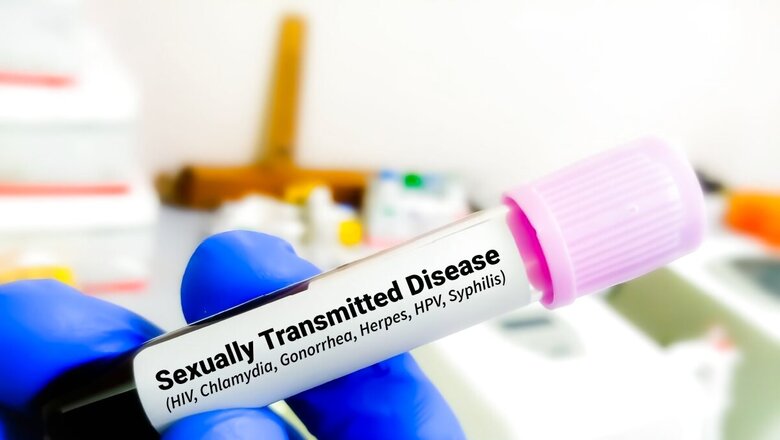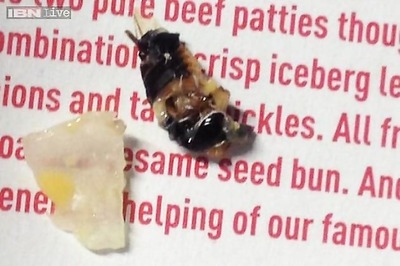
views
A future where affordable and effective treatment for AIDS becomes accessible to the general public may soon become a reality. US pharmaceutical giant Gilead has developed Lenacapavir, a highly effective antiretroviral drug for HIV, which is heralded as a breakthrough in combating the disease. Administered biannually as a vaccine, Lenacapavir shows immense promise. However, its current cost places it beyond the reach of the average person, with two doses totaling $40,000 ((approximately Rs 33.5 lakh). This exorbitant price tag means that many individuals, particularly in countries like America, France, Norway, and Australia, where annual HIV treatment costs exceed $40,000, cannot afford the medication.
Meanwhile, encouraging news from scientists suggests that there is potential to significantly reduce the cost of HIV medication. Currently priced at over $40,000 per person annually, researchers estimate that this expense could drop to less than $40 (approximately Rs 3,300) – an exorbitant 1000 times lower. Initial trials reveal that this drug, administered as a biannual vaccine, boasts 100% efficacy in preventing HIV infection. The promising breakthrough was presented by Andrew Hill of the University of Liverpool at the International AIDS Conference in Munich.
Hill presented these findings at the International AIDS Conference held in Munich, where he explored potential cost reductions if Gilead, the drug manufacturer, permitted the production of affordable generic injections. According to Hill’s research, the cost of a year’s supply of medication could plummet to as little as $40, marking a thousand-fold decrease from current prices.
Highlighting the transformative potential of the drug, Hill suggested that administering it to high-risk populations—such as gay or bisexual individuals, sex workers, prisoners, and young women in Africa—could effectively halt HIV transmission. He emphasised that widespread use of this medication could significantly curb the epidemic.
According to the World Health Organisation, there were 1.3 million new HIV infections reported in 2023, with an estimated 40 million people currently living with the virus.
Andrew Hill noted that his international research team has previously validated similar projections. A decade ago, the team forecasted that the cost of producing Gilead’s hepatitis C drug was $84,000 per patient, a figure that could potentially drop to $100 with the introduction of generic drugs. Today, Hill highlighted, the cost has decreased significantly to just under $40 per treatment for hepatitis C.
The announcement of these findings coincided with a call from UN AIDS chief Winnie Byanyima for Gilead to take a historic step. By opening access to Lenacapavir through the UN-backed Medicines Patent Pool, generic versions of the drug could be licensed and distributed in low- and middle-income countries, potentially expanding access to critical HIV treatment.



















Comments
0 comment